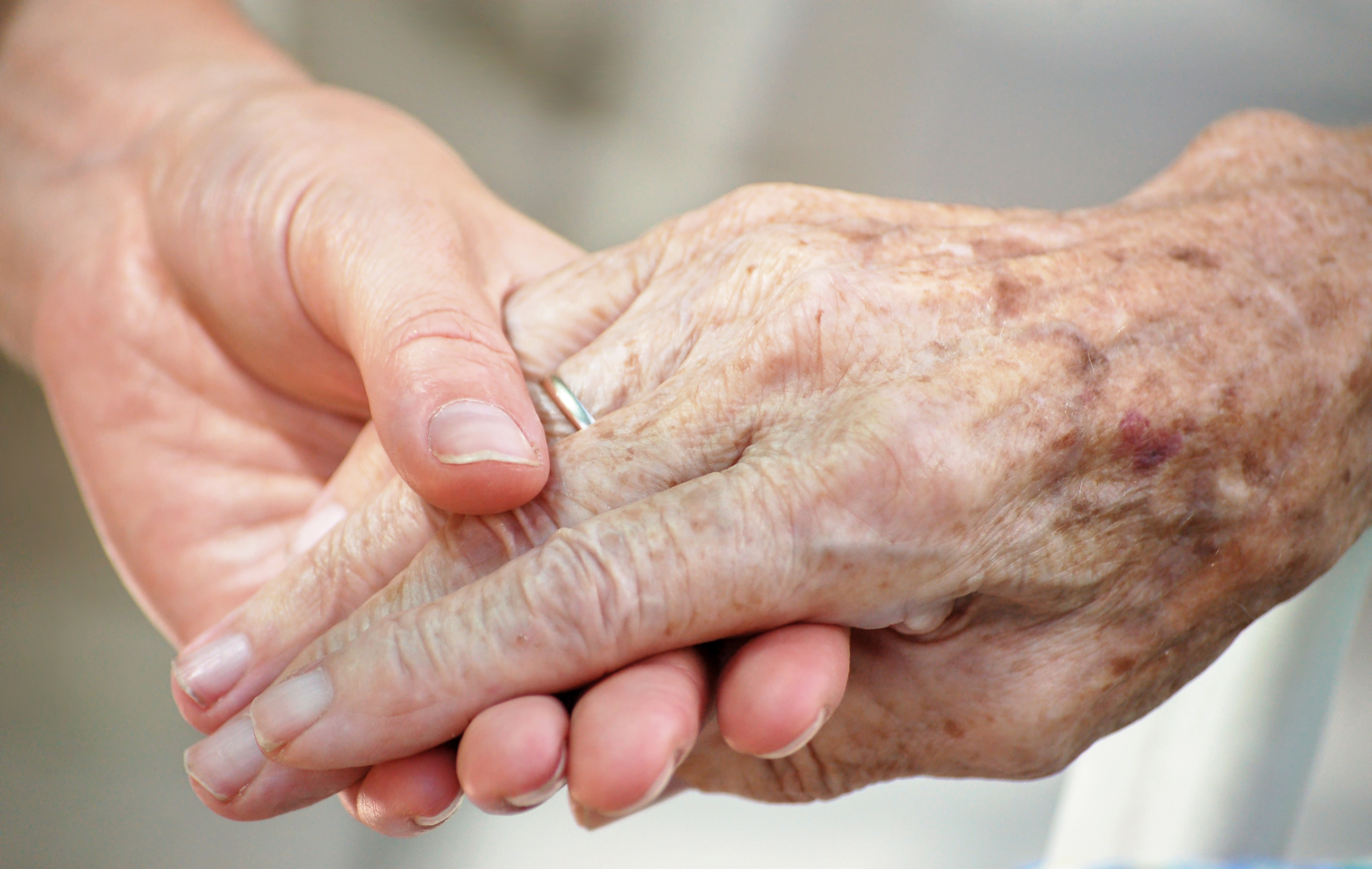
How to Identify and Cope with Caregiver Stress
There is no question that caring for an elderly parent can be physically and emotionally draining. You may think ‘stress’ is an overused term in our day-to-day lives, but caregiver stress is very real and can lead to serious health effects. Moreover, it can take a toll on your relationships not only with your parent, but your family, friends and (often, the most neglected) yourself.
Here are a few tips to help identify and cope with caregiver stress:
Who can develop caregiver stress?
Anyone who is caring for someone can develop caregiver stress. The problem is that many people who care for a family member or loved one often do not identify themselves as a caregiver. It’s important to see yourself as a caregiver and understand that just like an employee, you deserve a break.
What are some of the signs of caregiver stress?
It can be very difficult to recognize the signs of caregiver stress in yourself. Symptoms may include relatively minor things like changes in your eating habits or irritability but this leads to anxiety, depression and insomnia. You may encounter difficulty in concentrating on a simple task or a conversation. Often you can become withdrawn from your normal social activities such as visiting with friends and family. Although these symptoms can seem minimal at first, it can turn into chronic and serious illnesses.
What can you do?
When so much focus is placed on caring for Mom and Dad, it can be difficult to find time for yourself. Here are a few ways you can cope with caregiver stress:
-
Exercise – take a walk around the block or a gym class with friends, even as little as half an hour of exercise a day can help reduce caregiver stress.
-
Get a good night sleep – one of the best ways to ensure adequate rest is to reduce your caffeine intake.
-
Find your relaxation method – everyone has different ways to unwind, whether it is a long bath, meditation or gardening, find out what works best for you.
-
Connect with others – instead of withdrawing, it is important to reach out to family, friends and fellow care providers.
You may notice that the best methods of coping with caregiver stress involve taking time for yourself. Understand that taking time to focus on yourself is not only 100% acceptable but also 100% necessary.
Ask for and Accept Help
We understand that becoming the caregiver for a parent is emotionally and physically overwhelming. You are not alone. Don’t be afraid to ask for and accept the help of others. Whether it’s scheduling a regular qualified care provider or just a few hours of respite, Assurance Home Care can help find a plan that best suits you and your loved one’s unique needs.
Before a plane takes off, the crew will always tell you that in the event of an emergency, put on your own oxygen mask first before caring for those around you. This is the same when you are providing care for a loved one. In order to provide sustainable and positive care, you need to take care of yourself first.
About The Author
Stephen Bleeker
Stephen Bleeker is dedicated to redefining senior care as the CEO and founder of Assurance Home Care. His passion for enhancing the quality of life for seniors is at the heart of the company’s mission, which focuses on supporting aging in place through compassionate, personalized care. With a diverse background spanning music, lifestyle, and entertainment, Stephen brings a unique blend of creativity and strategic insight to the healthcare industry. His knack for innovation, customer experience, and holistic marketing has consistently led to exceptional outcomes, making him a dynamic leader who’s transforming how care is delivered.